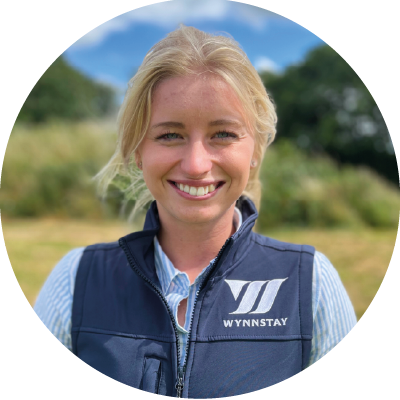The transfer of passive immunity in calves is defined as “the absorption of the maternal immunoglobulin, present in colostrum through the small intestine of the calf, during the first 24 hours after birth. Calves are born without any acquired immunity due to the placental structure of the cow and therefore, rely entirely on passive transfer. The colostrum absorbed by the calf activates and regulates the innate responses enabling the calf to fight infection.
The health benefits of passive transfer are unequivocal, providing both short and long-term health advantages such as; reduced mortality, ADG increase, improved feed efficiency, fertility, and increased milk production in first and second lactation. However, if calves do not ingest or absorb sufficient colostral immunoglobulins, they will fail to receive immunity through passive transfer.
Failure of passive transfer (FPT) constitutes an economic, animal welfare and public health issue as it is responsible for a higher level of disease, subsequently resulting in a longer rearing period and calves are 74 times more likely to die in the first three weeks of life if colostrum deprived (FAWC, 2015).
Passive immunity is influenced by several factors, with colostrum quality (amount of colostral IgG), quantity, timing, hygiene (collection and administration) and colostral storage being critical. Other factors include dry cow management, (dry period less than 30 days, cleanliness of calving area, vaccinations) and colostral source (dam lactation).
Factors influencing passive immunity


Evaluating passive immunity
The most common method of evaluating passive immunity is by measuring the serum total protein (STP) concentration from calves aged from 24 hours – 7 days. This requires a blood sample from the jugular vein to be obtained by a vet or veterinary technician and tested using a Brix refractometer.
The sample will either be separated with a centrifuge at a vet practice, or the sample can be stored for 24 hours, allowing a blood clot to form and the STP to be tested. If the reading is 5.0/5.5g/dl the calf will have received sufficient immunoglobulin absorption and therefore successful passive transfer.
Interpreting Brix Refractometer Results
Under 4.5: FPT Calf is at high risk of infection.
4.5 – 4.9: FPT Calf has minimal protection from infection.
5.0 – 5.4: Moderate protection.
5.5 – 6.0: Successful Passive Transfer.
Over 6.0: The calf has absorbed a very large quantity of antibodies and is,therefore, well protected and has good passive transfer of immunity.
If the reading is over 6.0 it can be an indication of dehydration, at the time of sample the calf should be monitored to ensure that the reading has not been distorted due to dehydration at the time of sample was taken, or that it has scours.
Monitoring the feeding regime of newborn calves should ensure that these levels can be reached to promote the essential passive transfer of immunity.










